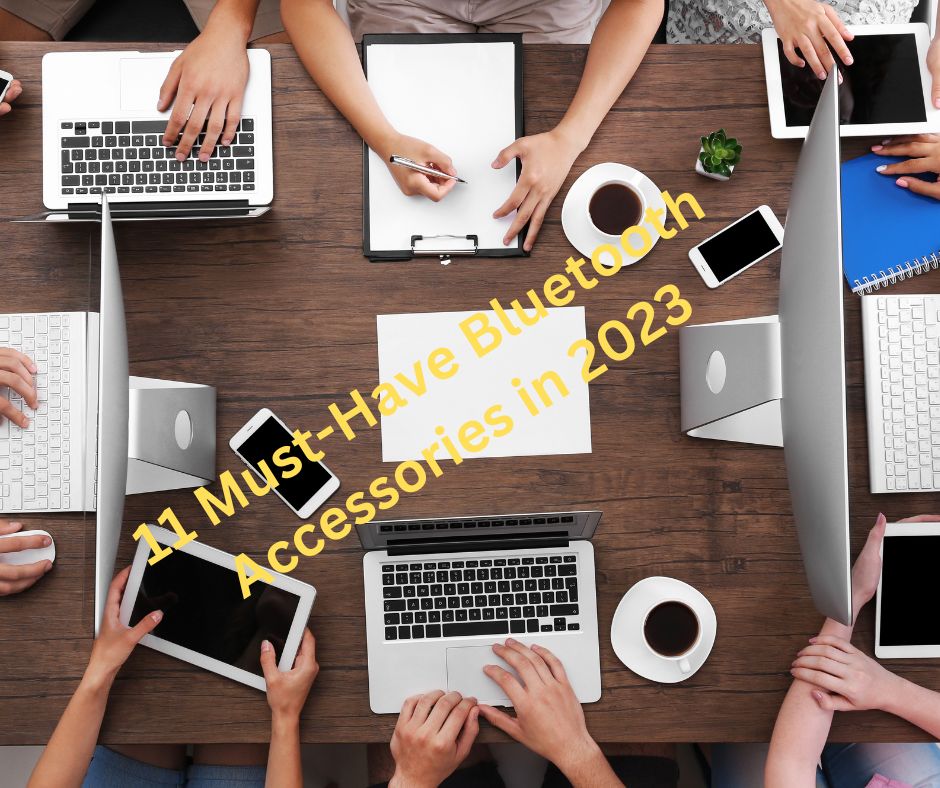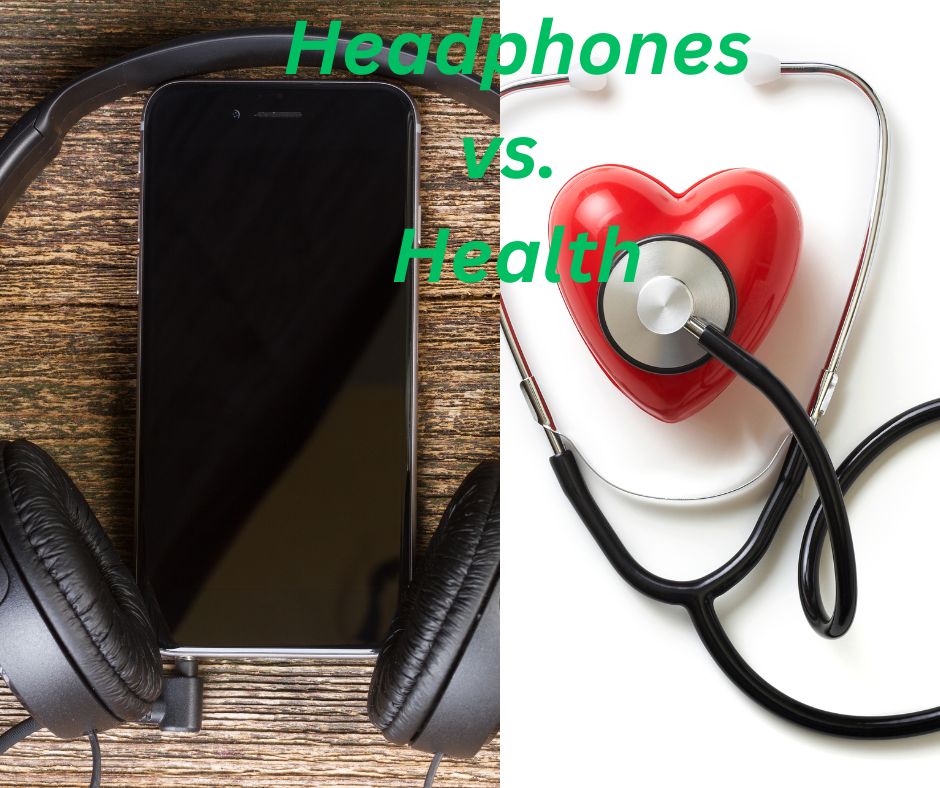[ad_1]
Claire Murashima’s “Day in the Life” videos start out like any other. She introduces herself with her name (Claire), age (24), career (journalist) and city (Washington, DC). But there’s one twist that might draw in even the most uninterested viewer: she’s nocturnal.
Instead of starting her videos in the 6am to 9am range when most people start their day, and vlogs, she starts her day from 11pm to 3am. By watching the videos of, we become travelers of a schedule completely opposite to our own. . His unusual lifestyle brings a much-needed sense of novelty to the tired “day in the life” genre.
‘Seventeen’ is out, in its infancy.
Murashima isn’t always nocturnal. It depends on what shift he is assigned to as a producer at NPR. But when she is, the ideas come. She started posting about her life as a midnight journalist on TikTok a year ago to show the internet how crazy her work schedule is and to get some validation for doing it. . Now she has just over 27,000 followers and over a million likes.
In an interview with Mashable, Murashima discussed the escapism of “day in the life” videos, how vlogging changes his experience of a day, and how he interacts with content creation. Balances her reputation as a journalist.
Mashable: Did your “Day in the Life” videos take off right away?
[My first video] It didn’t get much attention from people who worked at NPR and had similar interests to mine. [My videos] It started going viral during my first round of night shifts last fall. I worked the midnight to 8am shift for several weeks and made videos. It is very unusual for the majority of people to work during these hours. I wanted to share what life was like, because I had no idea when I would sleep or go grocery shopping or be social when I was up at night.
Typical “day in the life” videos abound. Your genre involves a lot of novelty.
You think so? I can’t get enough of them. Even the ones that have 10 likes and are about living in New York City or living in the countryside are very attractive to me. I love “a day in the life”.
Why?
strangely, [these videos] Allow me to live through the lives I never lived, the vocations I never chose. At some point in my life, I could see myself moving into a nonprofit environment or a more corporate job. I love watching those videos because it gives me an idea of what my life could be like.
Sometimes when I’m on an overnight shift, I want to go to the middle of Nebraska. I’ve never been to Nebraska, but it’s just like an escapist thing. So “Day in the Life” is kind of escapist.
Does vlogging change the way you experience a day?
Yes and no. I want people from about a year ago to see what my life was actually like, because I don’t really remember it in that much detail. In other ways, it can make me less present.
I remember, I’m not proud of this, but there was an incident when I was with my friend and someone came up to me and asked, “Oh my God, are you Claire Murashima?” And I was kind of stunned and just said, “Yeah,” and looked at him. I remember thinking that I don’t want to respond to people that way. I was so busy getting a shot with my friend that I wasn’t even able to live my real life. If I’m not able to treat people well in my real life, I don’t want to make videos about my online life, it seems really funny. Now I try to be more deliberate and prioritize living real life first, even if I don’t get a good shot.
How many days a week do you blog?
Two three. My goal with this shift [ed: Murashima is assigned as producer to different shifts every couple of months; right now she isn’t on a show that requires overnights] Only have to vlog once a week because I hate what it does to my brain. I am always thinking about blogging. I don’t have a lot of room for interesting ideas or new pitches for NPR. Vlogging takes up my valuable mental real estate that could be spent elsewhere.
Consistency is more interesting than trying to go viral. I have more non-viral videos than less videos that I try to go viral. This is not necessary. [about] Quality vs quantity. I try to make them all high quality, but it’s a relationship.
Is this relationship with the viewer or with the algorithm?
It’s kind of with me. I’m theorizing myself that I actually moved to DC. I got that job at NPR. I’ve wanted to work here for so long, and making videos is such a success that I made it into journalism after going to a small college in the Midwest, and not having a lot of connections.
Do you read scripts for your videos?
I used to, but these days, no. I try not to have the audio line up perfectly with the visuals of what I’m doing, because that’s boring. For the most part, I don’t want to tell you that I’m brushing my teeth. I want to tell you a story about why I wake up at three in the morning.
Did vlogging help you process night shifts?
My primary processor is my journal. I share my real thoughts and opinions in my journal. I do not share controversial opinions on TikTok. Maybe that’s why I don’t get hate, because I don’t share all of myself.
[With TikTok,] It’s nice to have a project that I have full editorial control over and it’s done in 30 minutes. I am getting my reps and learning how to improve my audio visual storytelling skills instead of audio storytelling. Making decisions on my own, like cutting things, makes me a better producer. In the past, I could go to my editor and be like, “Hey, we have this small angle, and if we exclude it, XYZ, but if we add it, we get this other can talk about the thing, which is kind. of the news and we connect it to that thing.” Editing my own TikToks makes me a ruthless editor.
It’s interesting that you don’t share controversial opinions on TikTok, because that’s very much part of TikTok.
I don’t want to be a TikTok personality. I want to be the ASMR videos you watch when you can’t sleep.
Is it weird to have your TikTok presence around your work? Or do you think you have a better creator life balance than creators who share their entire lives online?
Sometimes I feel like I’m using my job for strength, but my job is very difficult. Not everyone — not even everyone at NPR — works the night shift. Working the night shift makes me feel like I’m allowed to talk about it, and the voice in my head says, “Shut up. You’re annoying and just want attention,” less loudly. I.
I’m glad I don’t share my entire life on TikTok. I think [sharing everything] Bullying, and will lead to social media addiction. I’m already too attached to my phone. Sometimes my colleagues would lovingly make comments like, “Oh, don’t do anything in front of Claire, she’ll video it.”
How do you balance your reputation as a journalist with being a content creator?
Journalism and influence are two different things. I’m not impressive. I am a content creator. The way I appreciate it. [being a content creator] Do I create content, and I don’t get paid for it. I don’t do brand deals or sponsorships, because I want to protect my reputation as a journalist. I would not trust a journalist who is also selling products.
How does your TikTok following affect your job?
This helped with the call out for the voice memo, but my following is not representative of the US. There are a lot of women who follow me and very few men, so I try to do the call-outs a little later or in stories where that’s a plus. I do a lot of one-on-one outreach on TikTok, and sources will say they know me. This helps because then they trust me and it’s easier for them to share.
Do you always spend too much time online?
Yes, and I was used to being a public person. I was the student body president of my college from 2020 to 2021 during the pandemic. I did a lot of outreach on social media, because we were an online community. I’ve gotten used to sharing things and being transparent online. When I make a mistake, I’ll make a video to fix it. It was very difficult. I’ll share wins or things I wasn’t sure about. People weren’t used to this level of transparency from an elected official, at least at the student government level, as the AOC was using social media like this. But I wanted to do it for my school. I got into the habit of using social media to share about what I was doing in my work, which is really similar to how I do it now.
Are there other online places you’ve been spending a lot of time recently?
My favorite social media platform of all time is Pinterest. It’s so private, so hidden, you might not find me, just the way I like it. It’s just calming and inspiring.
This interview has been edited for length and clarity.



